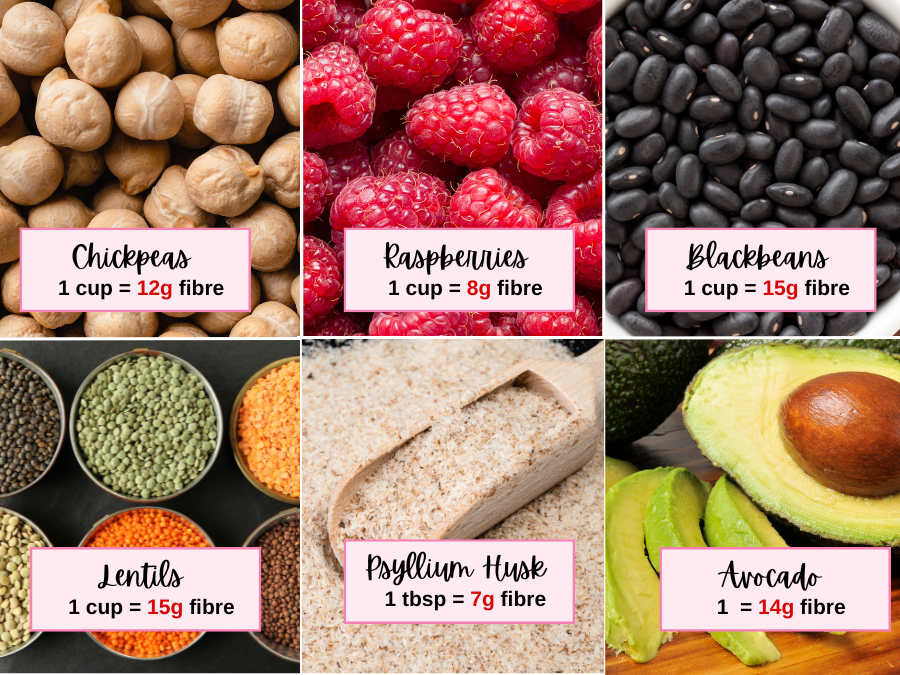
The Fibre Factor
In recent years, protein has taken center stage in the world of nutrition, often hailed as the key to muscle growth, weight loss, and overall health. While protein is undoubtedly important, it’s time to shine a light on another essential nutrient that deserves equal attention: dietary fiber.
The Importance of Dietary Fiber
Dietary fiber is crucial for maintaining digestive health. It adds bulk to stools, preventing constipation and promoting regular bowel movements. But the benefits of fiber extend far beyond digestion.
Regulating Blood Sugar Levels
Fiber plays a significant role in regulating blood sugar levels. It slows down the absorption of sugar, helping to prevent spikes and crashes. This is especially important for those managing diabetes or prediabetes.
Lowering Cholesterol
Consuming enough fiber can help lower cholesterol levels, reducing the risk of heart disease. Soluble fiber, found in foods like oats, beans, and apples, is particularly effective at this.
Supporting Weight Management
Fiber can aid in maintaining a healthy weight by promoting feelings of fullness. When you feel full, you’re less likely to overeat, making it easier to manage your weight.
Promoting a Healthy Gut Microbiome
Fiber supports a diverse and balanced gut microbiome, which is essential for overall well-being. A healthy gut microbiome has been linked to improved mood, better immune function, and a reduced risk of chronic diseases.
Fiber Intake Recommendations
Despite its importance, many people fall short of the recommended daily intake for fiber. Women need about 25 grams of fiber per day, while men require around 38 grams. Unfortunately, most people are only getting about half that amount.
Simple Ways to Increase Fiber Intake
Increasing your fiber intake doesn’t have to be complicated. Here are a few simple tips to help you get more fiber into your diet:
• Eat more fruits and vegetables: Aim for at least five servings a day.
• Choose whole grains: Opt for whole-grain bread, pasta, and cereals instead of refined versions.
• Snack on nuts and seeds: These are excellent sources of fiber and healthy fats.
• Incorporate legumes: Beans, lentils, and chickpeas are fiber-rich and versatile. • Add flaxseeds or chia seeds: Sprinkle them on yogurt, oatmeal, or salads.
